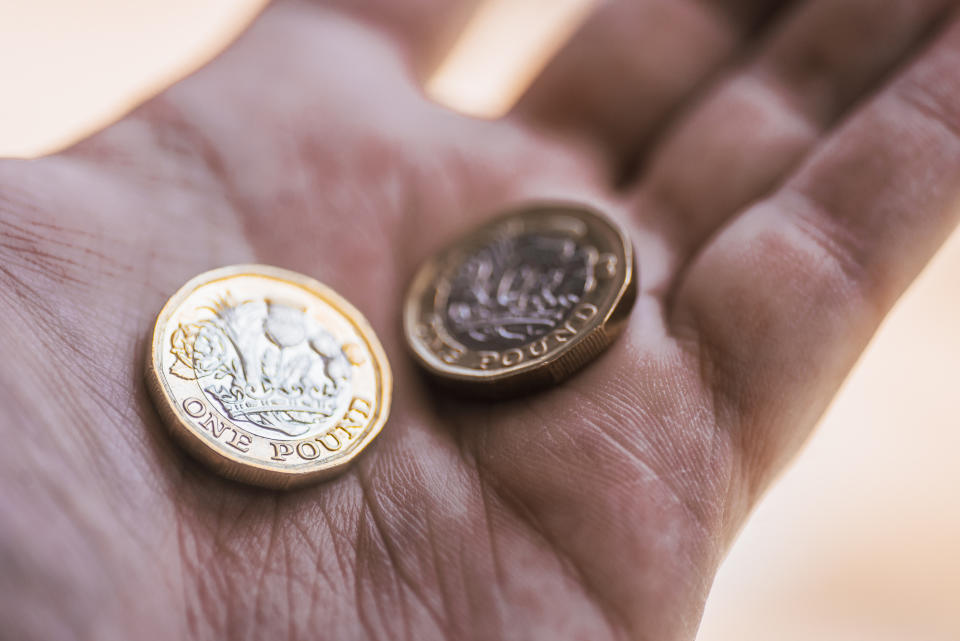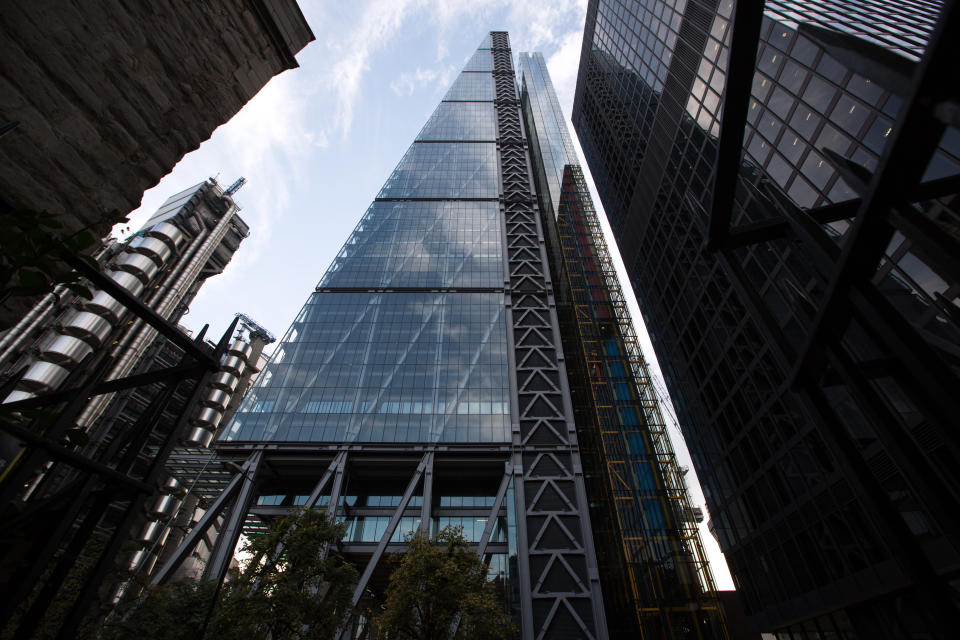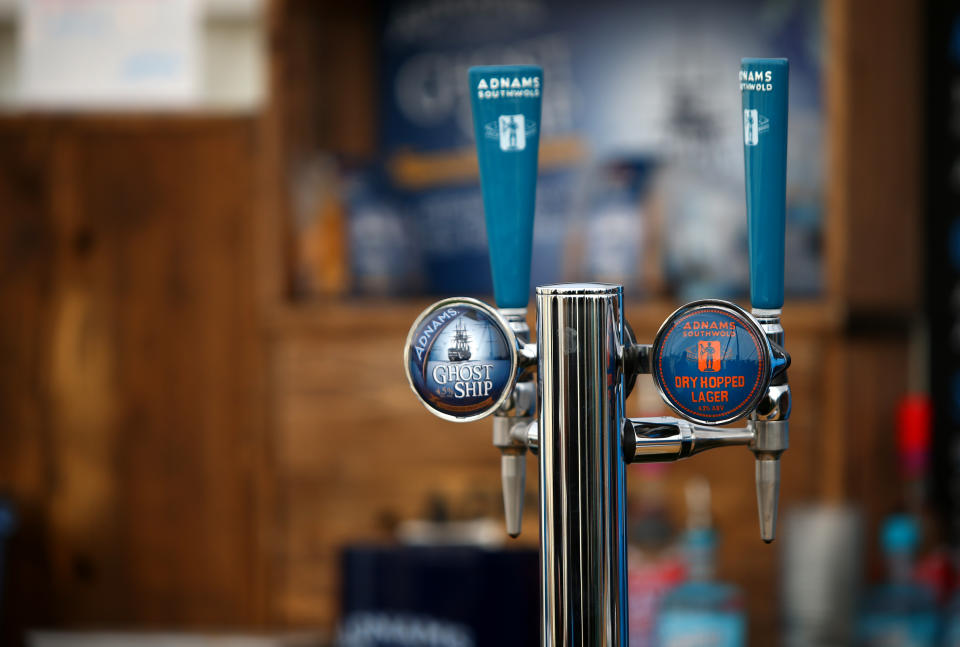6 stocks to invest in according to your Brexit predictions

Brexit, much like BitCoin, divides people into two main groups: the sceptics and the true believers.
There are those who think that Brexit is an unnecessary hindrance and potential disaster to an already tiring economy. Others see a need to kick-start Britain by throwing off the perceived shackles of the European Union.
For those who take the side of intellectual powerhouses like Liam Fox, Michael Gove and Theresa May, there are particular stocks that could do well post-Brexit. And for those who take a rather less charitable view of the whole endeavour, there are other potential winners.
1. Bioventix
Assuming Brexit gives rise to all kinds of new and wonderful free trade agreements abroad, one company that could do well is Bioventix.
MORE: How the economy would react to a Corbyn government
Operating in the notoriously sexy world of high-affinity monoclonal antibodies, its crucial role is in medical diagnostic work in blood testing. Any diagnostic that uses their antibodies has to pay a royalty fee to Bioventix, and there is a difficult barrier to entry for any potential competitors.
Business is split roughly evenly between the UK/Europe, and the rest of the world. A new, global Britain should be a trading powerhouse post-Brexit, if that’s how you see the world, and companies like Bioventix would be free to take advantage.
2. British Land

British Land develops some of the most famous commercial property in the UK, and in March this year they agreed a sale price of £1.15 billion for the Cheesegrater tower in the City of London, in which they had a 50% stake. It purchases and leases back property to supermarkets, develops skyscrapers, and also owns shopping malls such as Meadowhall, the biggest in the UK.
MORE: Awkward fail wipes billions off Apple’s market value
Should Britain do well from Brexit and become an internationally attractive investment destination, then the mix of London-based property and commercial retail spaces should increase in value and demand. A roughly 30% discount on asset value to share price could give some degree of safety.
3. Adnams
While not quite the innovative jam beloved by Boris Johnson, Adnams’ beer and pubs should succeed with a happy and successful Britain.

It is closing its less profitable pubs, and has enjoyed success by supplying its Mosaic beer to supermarkets in growing numbers, and also brews some beer for Marks and Spencer. Perhaps more interesting is their relatively new, award-winning vodka and gin brands.
MORE: Nobel winner said EU can only blame itself for Brexit
The company is conservatively run, and has preserved links to the founding family – Jonathan Adnams is the chairman. With consolidation always on the cards in the alcohol and pub industry, a successful small business like Adnams might also benefit from a buyout offer.
4. NN Group
ING Group spun off their insurance arm NN Group in 2014, and it has gradually ground higher over the last three years following solid numbers and cost-cutting. It has plenty of cash for its buyback program and its dividend (currently a 3.5% yield), and has made use of its extensive capital reserves to purchase the troubled Delta Lloyd to become the biggest insurer in the Netherlands. It trades at a discount at roughly half its book value, so is far from overpriced assuming the takeover goes without too many problems.
MORE: How Brexit has increased the cost of daily life
Should Europe continue its economic recovery, then an interest rate rise would help the insurance sector in general, and exposure to the Euro would be handy for those experiencing a fall in the value of the pound.
5. Corticeira Amorim
Portugal produces 74% of the world’s cork, the majority of which is made by Corticeira Amorim. Sixty per cent of all cork is used in wine stoppers, and the rest is used for flooring and other engineered products.

There is one potential headwind, which is the emergence of synthetic stoppers and screw caps on bottles, but with the emergence of wine in economically growing countries like China, the market is set to expand, and it is developing a lower-cost range of stoppers to compete at the bottom end of the price range.
Trading at a P/E of 15 on the Portuguese market, it could benefit from an inflow of cash into their recovering index. Should the EU continue signing new trade deals, there could be further room for growth.
6. Aena
Monopolies might not be great for the customer, but they make for successful businesses. One of the best ways to avoid being broken up and lose that advantage is to be a government-operated monopoly, which is what Aena can be considered as the Spanish state owns most of it.
MORE: Why you shouldn’t worry about the threat of higher interest rates
Aena is the world’s biggest airport manager, with 46 airports in Spain, and 15 spread across Britain, Colombia and Mexico. Spain is currently enjoying a relative boom in tourism, and the Spanish economy is resurgent after the dreadful years following the financial crisis of the last decade. With air traffic projected to grow well into the future, there is a growing business for a state-favoured monopoly, with some of its shares publicly tradeable.

 Yahoo Finance
Yahoo Finance 
